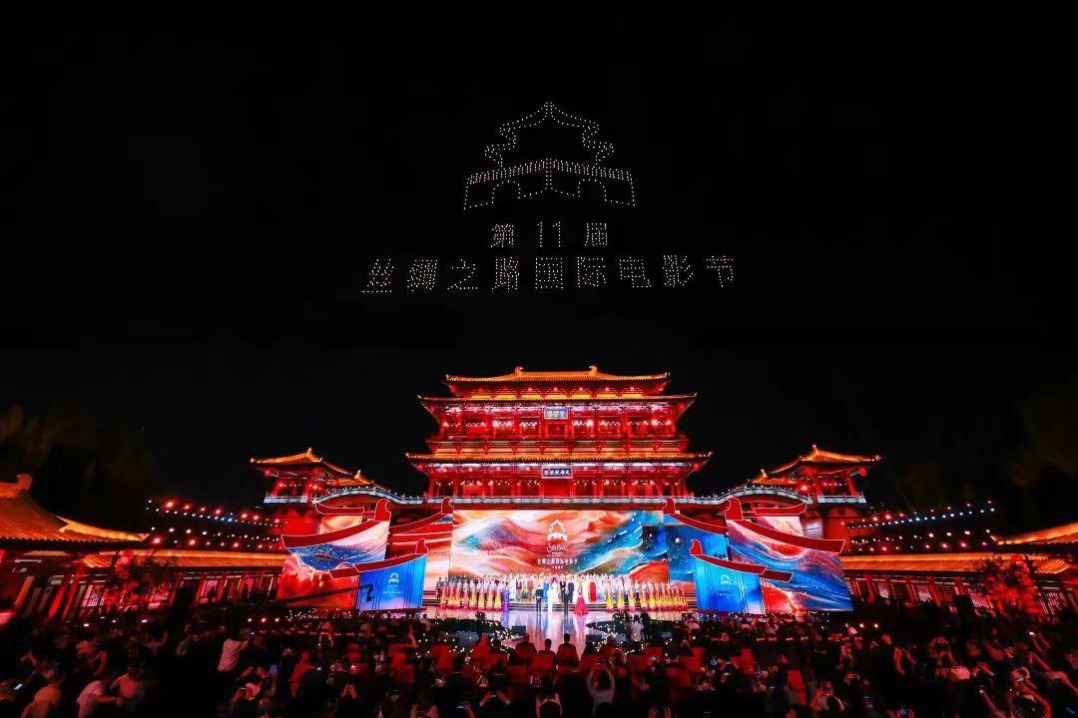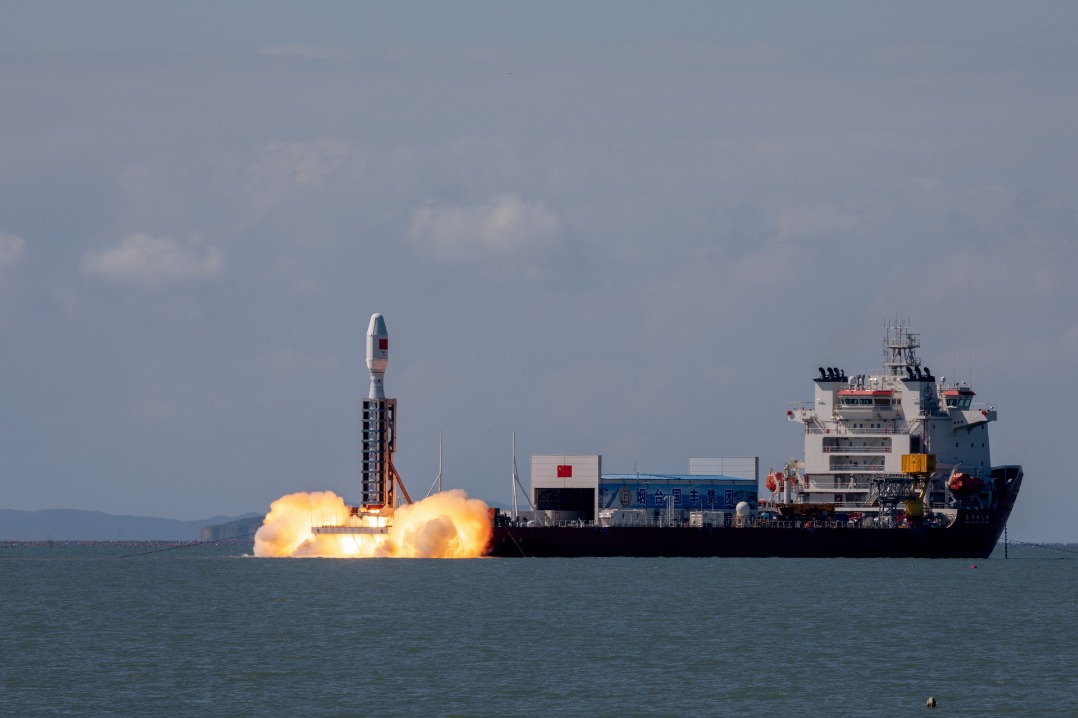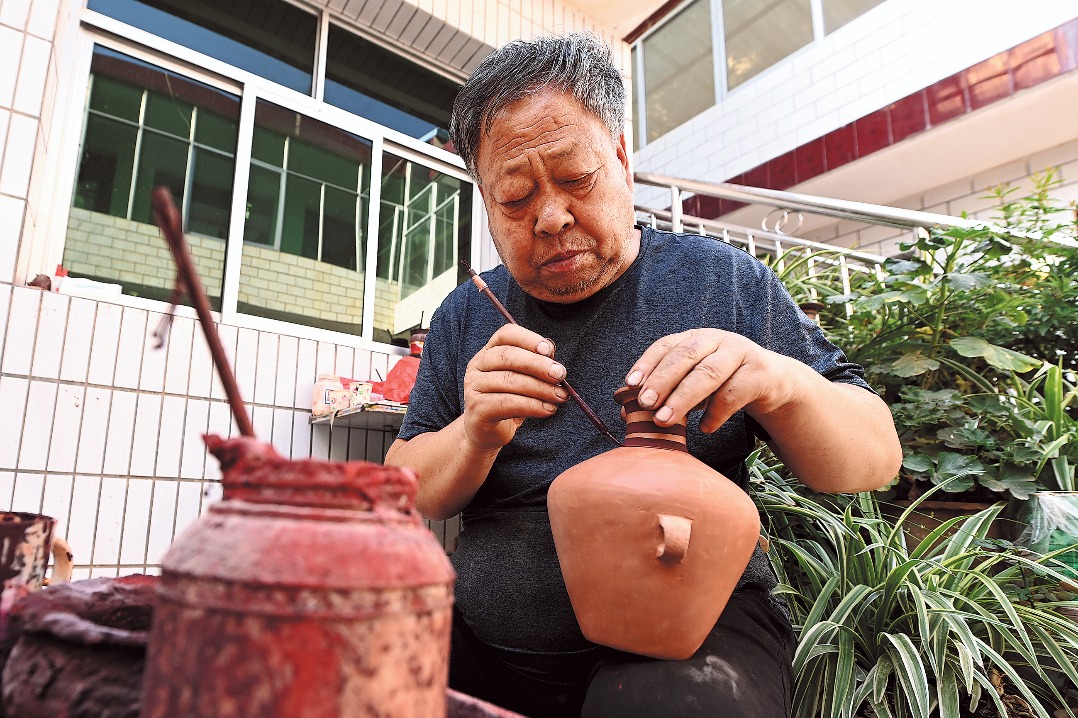Water security solutions are worth sharing
Experts highlight China's success in flood control and smart irrigation

China's successes in tackling flooding, conserving water and building smart irrigation systems are worth sharing with other countries as climate change and rapid urbanization exacerbate water issues around the world, experts said on Tuesday.
Yun Seog-dae, president of the Asia Water Council, said that Asian countries are particularly vulnerable to water problems, with collaboration and knowledge sharing playing an important role in helping to advance sustainable development.
He spoke during the opening ceremony of the Third Asia International Water Week in Beijing on Tuesday.
Water Resources Minister Li Guoying said in his keynote speech that water security risks have emerged as a global challenge under the twin effects of climate change and human activities.
"China is confident and capable of coping with severe water security issues and is willing to share its experiences and action plans with the rest of the world," he said.
For instance, as flooding has become increasingly acute and abnormal in recent years, Li said that China has built a flood control system comprising reservoirs, embankments and flood storage areas, and has also enhanced its rainwater monitoring, forecasting and early warning abilities.
"In the past decade, the proportion of flood disaster losses to gross domestic product dropped from 0.51 percent to 0.24 percent," he said. "This year, China's major rivers have experienced 25 significant flood events — the highest since records began in 1998 — and effective measures have been implemented to protect people's lives and properties and minimize related losses."
Li said that China, with only 6 percent of the world's freshwater resources, has succeeded in ensuring water supply for nearly 20 percent of the global population and generating over 18 percent of the world's economic output.
He attributed the success to promoting water conservation across all aspects of society and constructing an efficient, safe and intelligent national water resources network.
Li added that China has advanced modernization of irrigation areas and improved agricultural water conservancy infrastructure to make them more automated, efficient, precise and intelligent.
"In 2022, the Yangtze River region — a conventional area with abundant water resources — experienced its most severe drought since 1961," he said.
"Through scientific management, we precisely controlled 75 large and medium-sized reservoirs to meet irrigation needs for 12.2 million hectares of autumn grain crops and achieved a bountiful harvest that year."
Based on Chinese experiences, Li called on all Asian countries to promote comprehensive innovative efforts such as proactively improving water conservancy infrastructure and strengthening research into early warnings of flooding and droughts, water conservation technologies and the protection and restoration of river and lake ecosystems.
On Tuesday, Yun and Li jointly signed a document called the Beijing Declaration that calls for innovation-driven and cooperative solutions to address water problems.





































